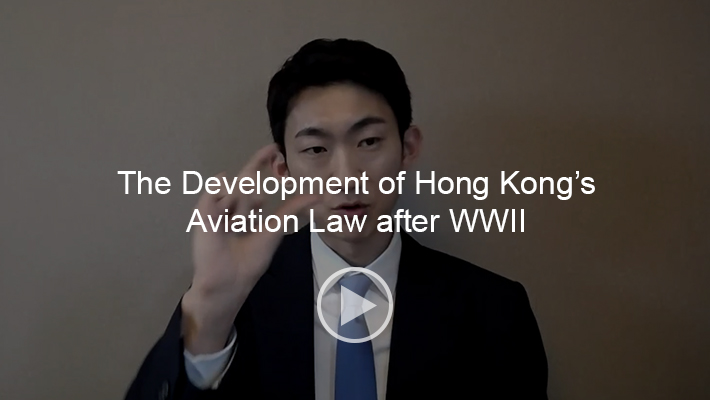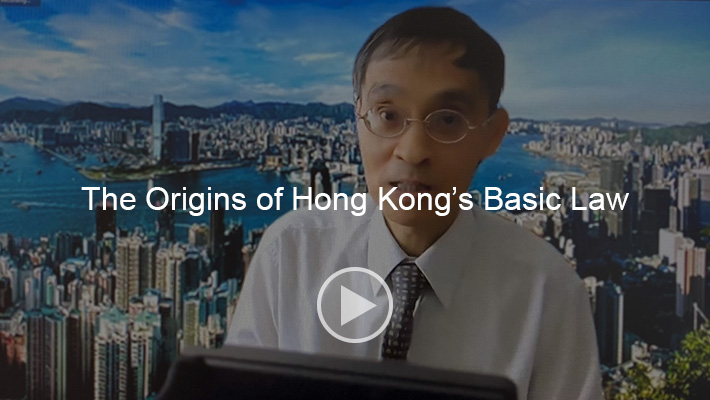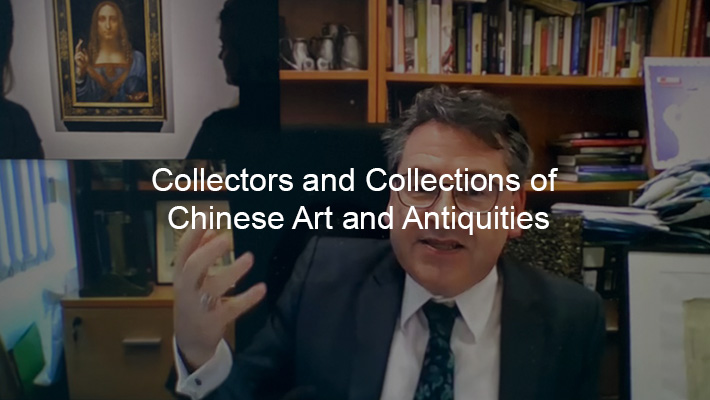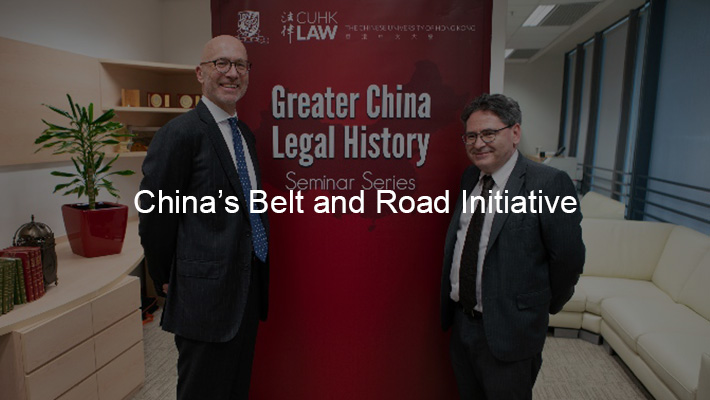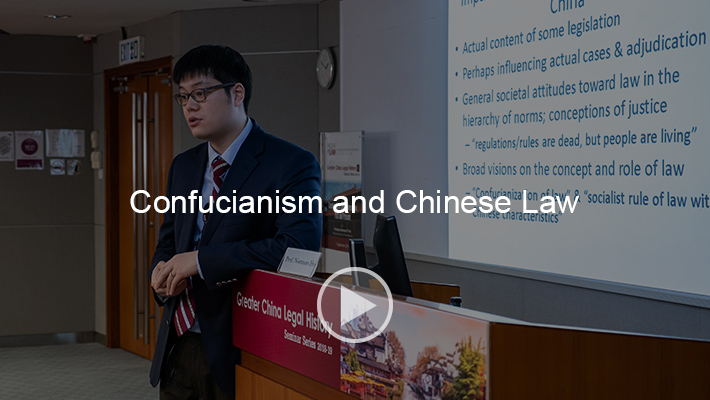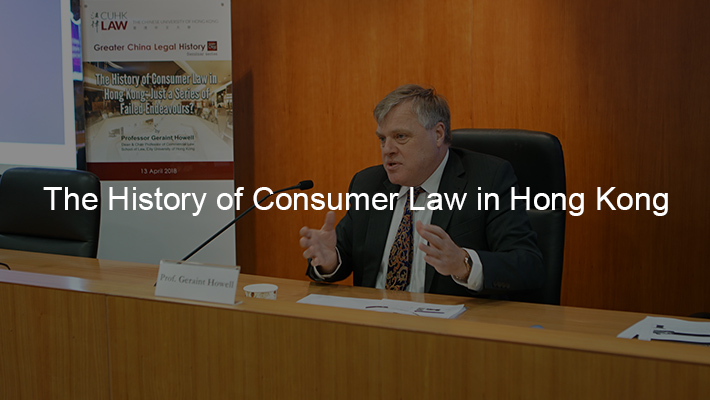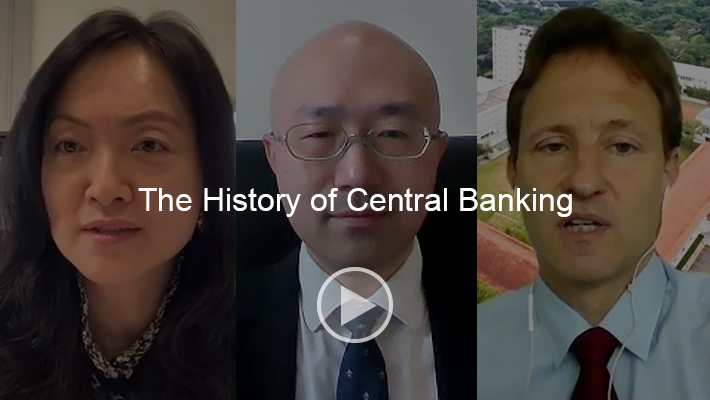
The History of Central Banking in Hong Kong, Mainland China and Singapore
What are the origins of international and comparative law, and where does Asia fit into this larger story? All standard histories make at least passing reference to the natural law theories of the School of Salamanca (drawn largely from Roman law, Aristotle and Aquinas). However, few have realized that these theories were not just the preserve of armchair jurists and theologians in Europe, but were debated and had a direct impact on the ground in Asia. In particular, natural law theories were applied by Jesuit missionaries in Portuguese India, Malacca and Macau who tried to regulate the slave trade. Since the Portuguese bought slaves from groups across Asia, this led them to undertake extensive study of the region’s various slave regimes, which they tried to place within their larger legal framework. In this talk, I will concentrate on the case of Macau, and address some of the comparative legal questions that arose there. Were Chinese “slaves” and “bondservants” (nubi, yatou), the same as European “slaves” (servi, escravos, etc.)? What was the relationship between slavery and contract-based bond servitude? Was a concubine a slave?





